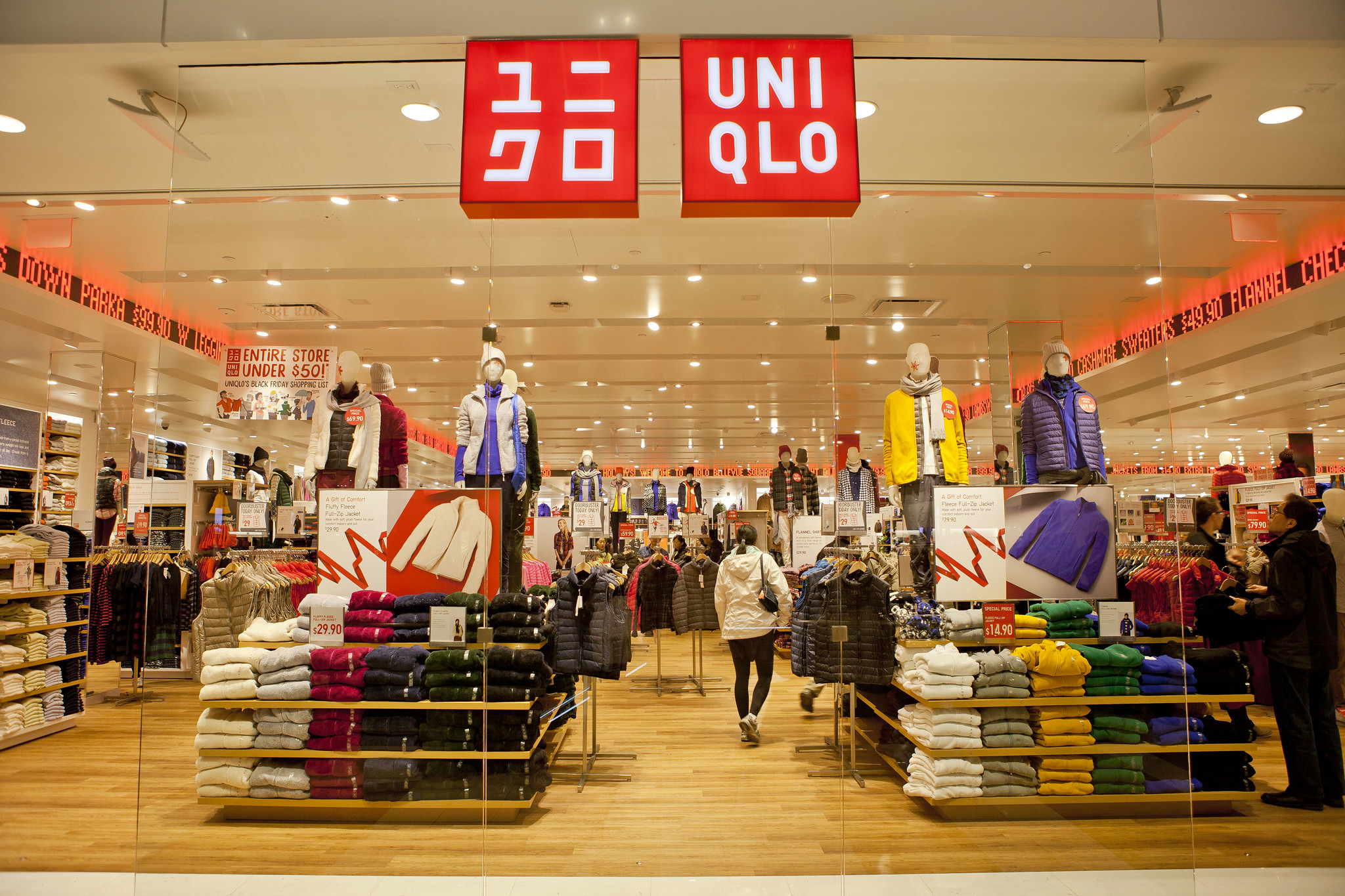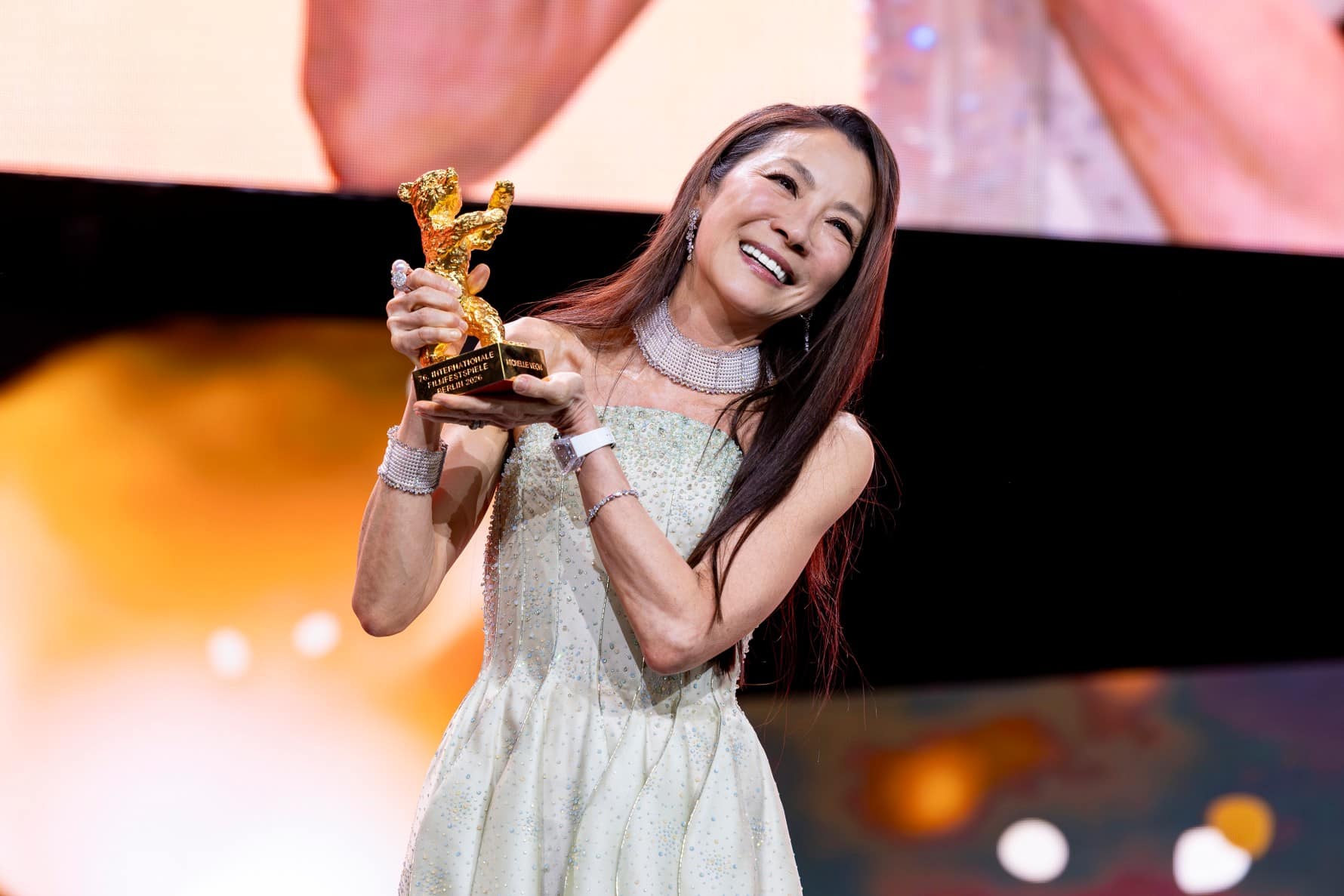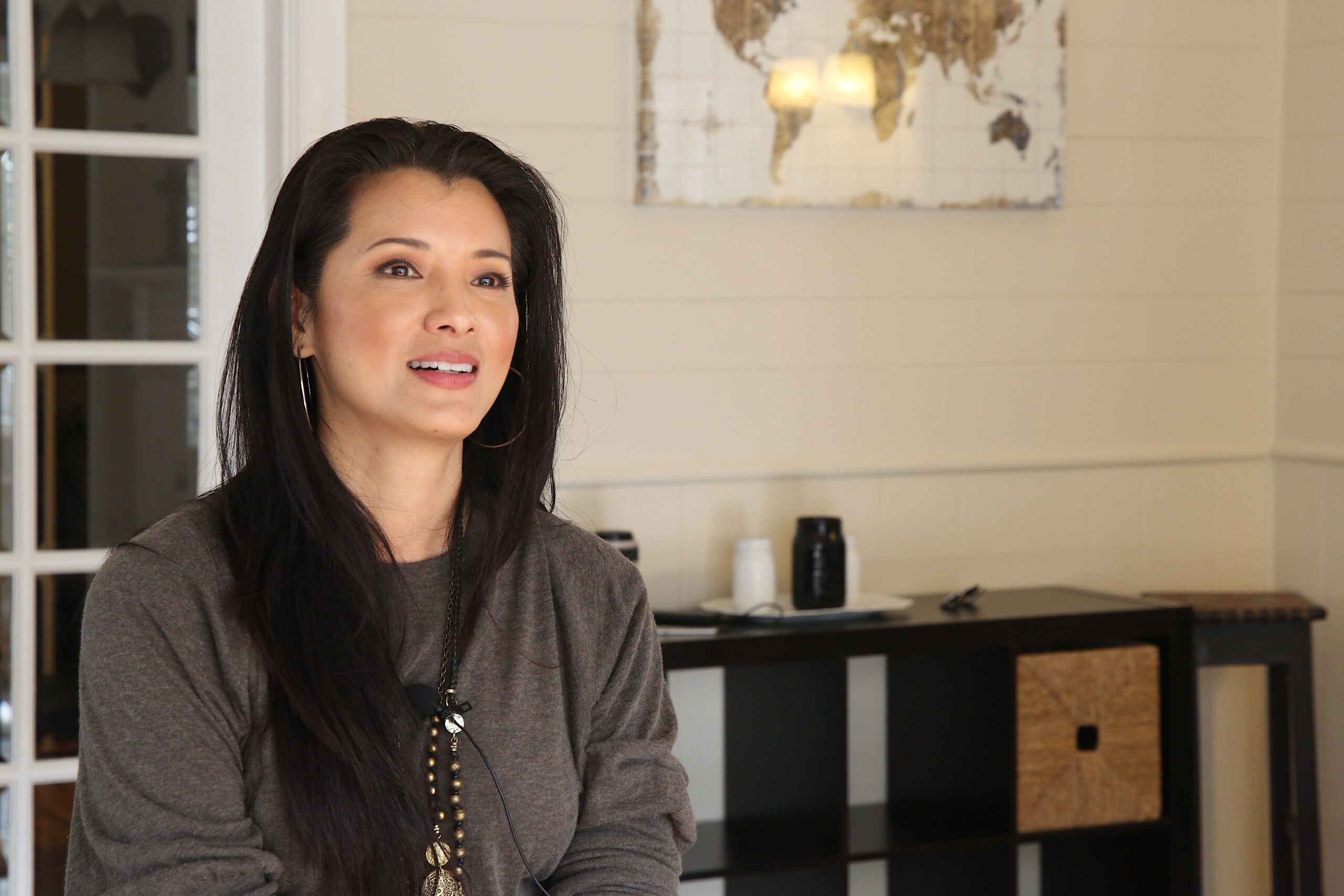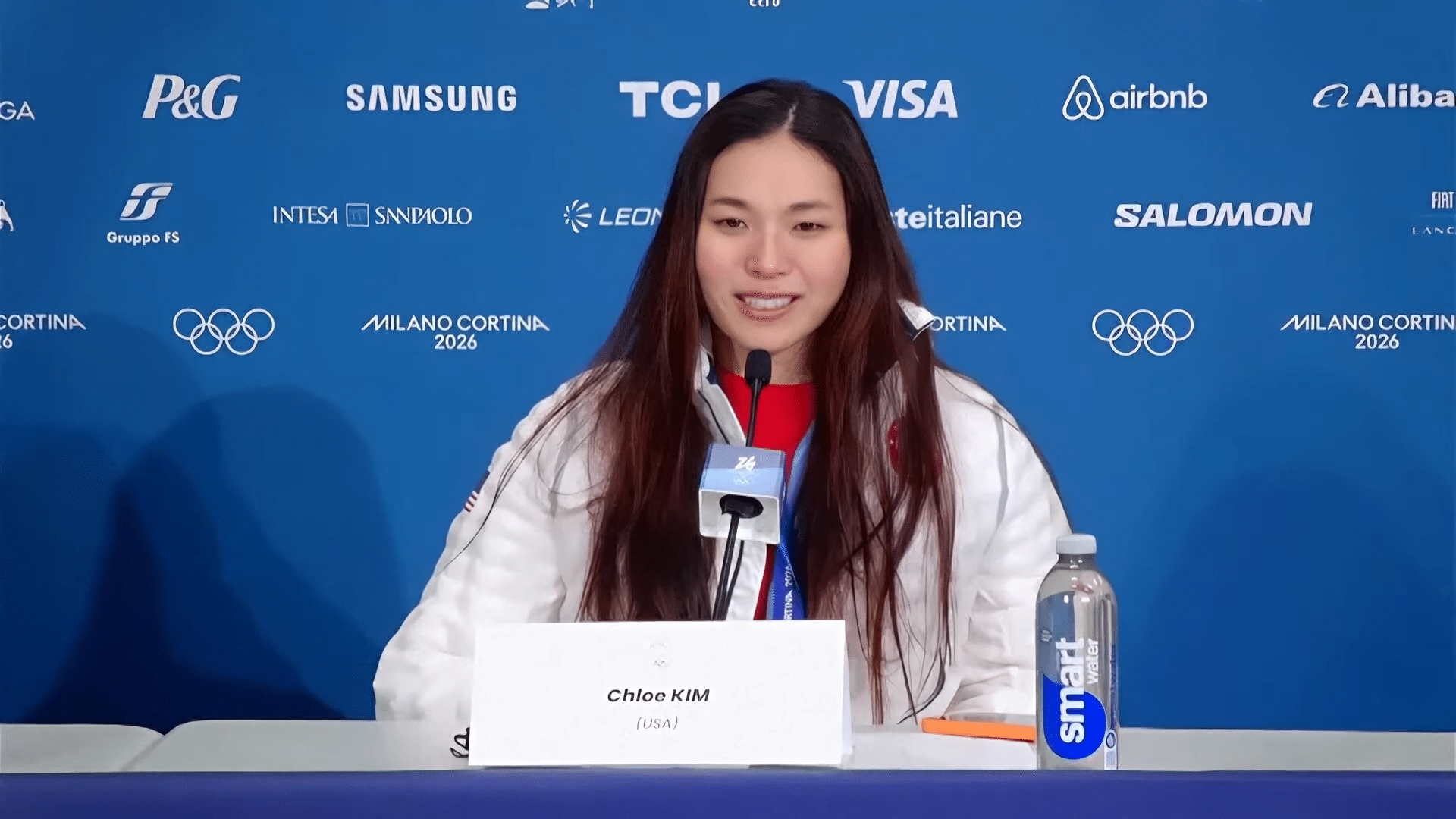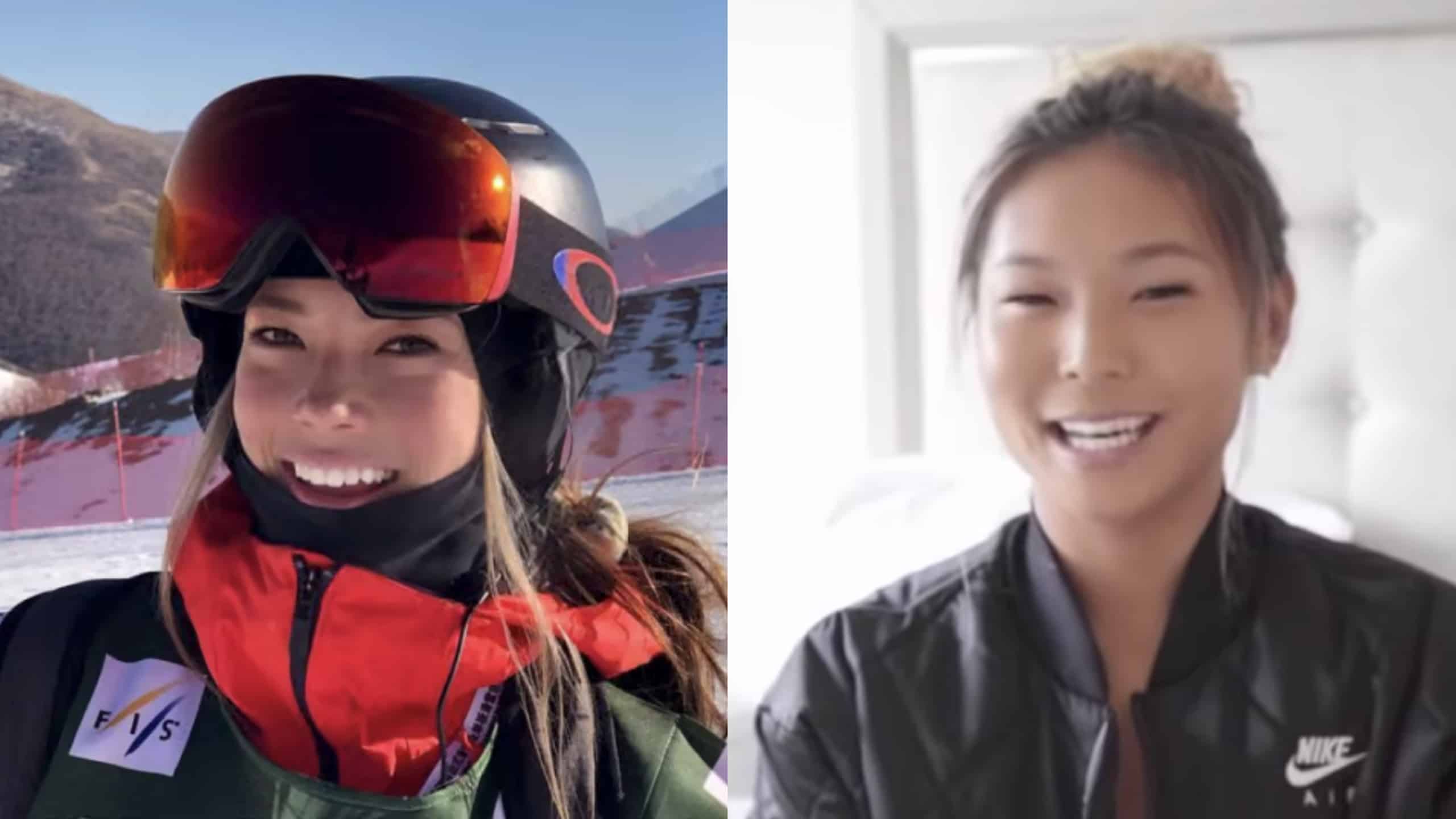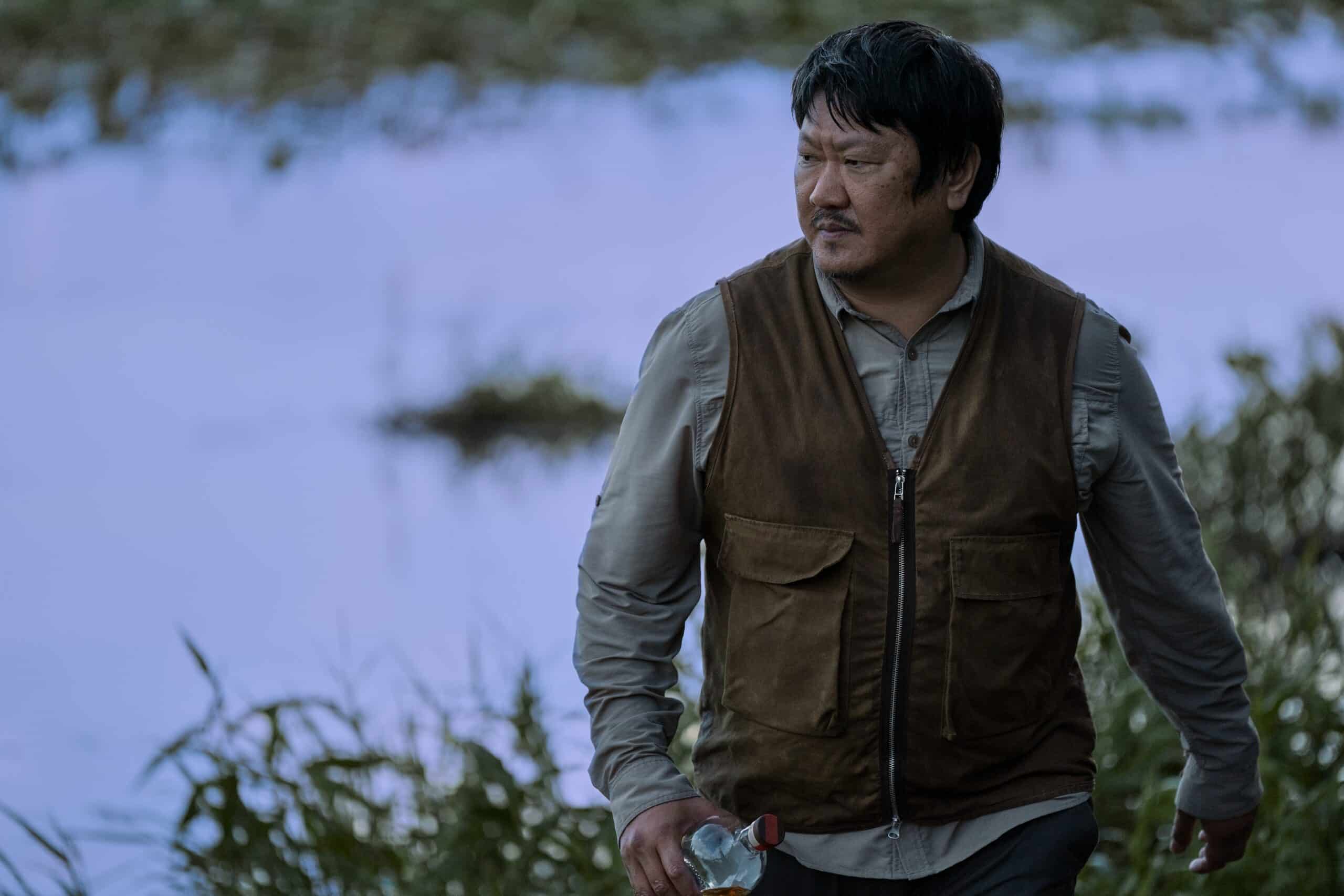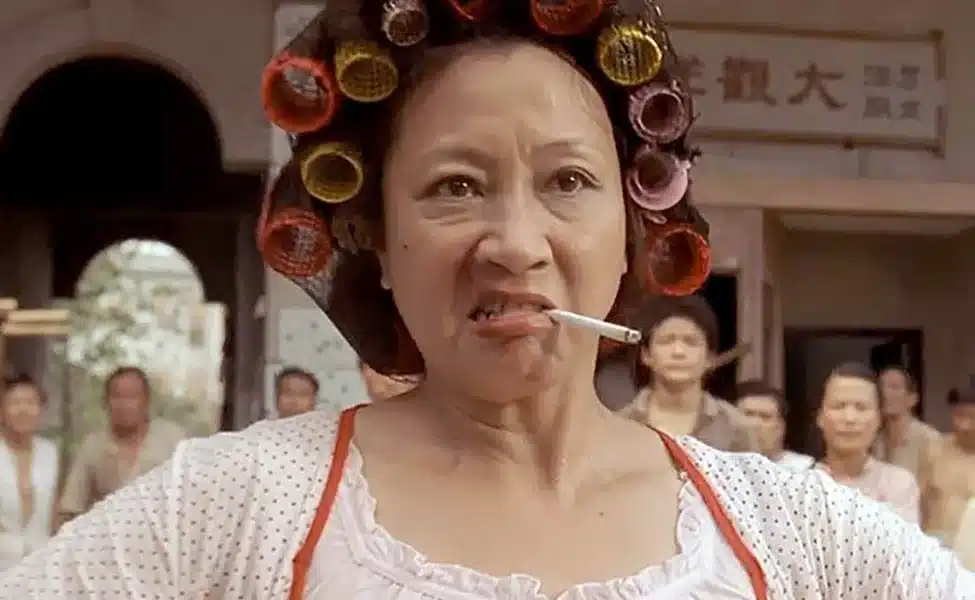SCMP reports that Uniqlo is pulling an ad after being accused of mocking Korean wartime sex slaves.
The Japanese clothing brand’s latest ad allegedly attempts to make a political statement about sex slavery during Japan’s colonial rule of the Korean Peninsula in 1939.
In the ad, 98-year-old fashion icon Iris Apfel is seen having a conversation with a 13-year-old fashion designer. Complimenting Apfel’s styling, the young designer says, “wow this is so amazing. How did you use to dress when you were my age?”
“I can’t remember that far back,” Apfel replies. Although Apfel’s comments seem innocent enough, the controversy stems from its Korean translation which reads, “how can I remember it was over 80 years ago?”
Some Korean viewers interpreted the time reference as a reference to the war, which was also 80 years ago.
Japan’s use of “comfort women” and forced labor began in 1939. An estimated 250,000 Koreans were forced into labour and sex slavery under Japan’s colonial rule.
The ad comes amidst diplomatic friction between Tokyo and Seoul after Japan refused to compensate Koreans who were forced to work in Japan’s mines. Japan insists that a postwar peace treaty had already dealt with the compensation.
In a statement, Uniqlo refuted the claims that the ad was political.
“The advertisement in question is a part of a global advertisement series to mark the 25th anniversary of fleece and it has no links to any political or religious agendas, belief or organisations, but we decided to stop airing the ad as we take it seriously that many people felt uncomfortable,” Uniqlo said.
“We can’t really comprehend why it’s controversial, but there might be a misunderstanding,” Uniqlo Korea said. “We think [Korean people] have overly interpreted it in that way.”
“The ad was not designed for a specific country. It’s a global advertisement. The models are real designers 98-year-old Iris Apfel and 13-year-old Kheris Rogers. The subtitles are to highlight their age difference. There are no national or historic connotations.”
Yuji Hosaka, a professor at Sejong University whose expertise lies in Seoul-Tokyo rejected the company’s statement.
“The company says it was not intended, but the advertisement portrays strong implications,” said Hosaka.
“Eighty years before was not mentioned in the English dialogue, but was included in the Korean subtitles. That was 1939, which was when forced sexual slavery was very active.”
“Uniqlo must stop the advertisement or at least erase the 80-year subtitles,” Hosaka added
Uniqlo has since said it would no longer show the advert in Korea.

